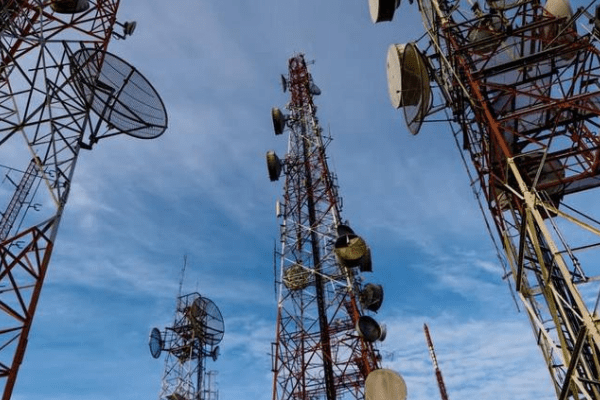The latest financials of two of the biggest telecommunication companies show that they continued to bet heavily on Nigeria last year despite the country’s mounting economic challenges.
In 2023, MTN Nigeria Communications Plc and Airtel Africa Plc increased their investments in their network capabilities to at least N732.42 billion.
Both telcos channelled their investments to existing and new technologies. MTN, for instance, continued its rollout of 5G, increasing its number of sites by 258.16 percent to 2,106 from 588 as of the end of 2022. Airtel now has 4G services on all its sites and increased its 5G sites to 235 as of December 2023.
Even though it recorded a loss in 2023, MTN grew its capital expenditure by 13.21 percent to N570.97 billion from N504.33 billion. For the nine-month period ended December 2023, Airtel spent $178 million (N161.45 billion at N907/$) on its network infrastructure, up from $167 million (N77.66 billion at N465/$) in the same period of 2022.
These investments paid off in 2023. 5G subscriptions grew by 780.32 percent from 265,118.02 as of May 2023 to 2.33 million as of December 2023. 4G grew by 26.99 percent, from 55.37 million as of May 2023 to 70.31 million as of December 2023.
Like other firms in the economy, telcos struggled to attract foreign investments, with telecom sector investment dropping by 70.50 percent to $134.75 million in 2023.
Karl Toriola, MTN Nigeria chief executive officer, said in the company’s financial report for 2023 that “2023 witnessed a very challenging operating environment characterised by rising inflation, currency devaluation and foreign exchange shortages.”
To navigate FX shortages and a slowdown in foreign investments, operators in the sector relied on commercial papers, letters of credit, and new debts to fund their capital expenditures. MTN Nigeria’s total debt grew by 70.69 percent to N1.18 trillion from N689.67 billion.
The telco’s debt grew owing to increases in commercial papers (from N22.44 billion to N234.11 billion) and letters of credit (from $161.24 million to $402.73 million). In 2023, MTN issued three commercial papers: one on August 1, 2023 with a face value of N125 billion, another on November 7, 2023 with a face value of N52 billion, and the last in November 2023 with a face value of 72 billion.
The telco highlighted its investment strategy: “To mitigate the effects of these headwinds on our operations, we continued to invest in our network infrastructure… to enhance capacity and expand coverage. This enabled us to meet the rising demand for data and… accelerate the growth of our commercial operations.”
Airtel Africa’s debt grew by $583 million to $3.52 billion in the financial year ended 2023 (it is important to note that the telco operates in 14 operating markets, with Nigeria as its largest market). Airtel expects to continue to invest in its infrastructure despite economic challenges.
Olusegun Ogunsanya, group chief executive officer, said: “We remain focussed on the execution of our growth strategy and, combined with our strong operational execution, this has ensured that we continue to see sustained, positive growth momentum across the business, despite the inflationary and currency headwinds.”
The telecom sector is one of the pillars of the Nigerian economy, powering the country’s digital economy aspirations. In 2022, Umar Danbatta, former executive vice chairman of the Nigerian Communications Commission, said the sector has attracted a total of $70 billion since its inception and was responsible for 500,000 jobs.
In 2023, the sector contributed N25.22 trillion to the country’s Gross Domestic Product in nominal terms (at current prices).
Both firms recorded significant increases in their 2023 revenues, but inflation and foreign exchange losses impacted their profits after tax, with MTN declaring a loss. To mitigate against these, they have been pushing for an upward price review.
Toriola, MTN Nigeria CEO, recently said: “The scale of the impact on the business of rising inflation and currency devaluation necessitates an increase in regulated tariffs. We are engaging with the authorities through the relevant regulatory bodies to achieve this objective.”


